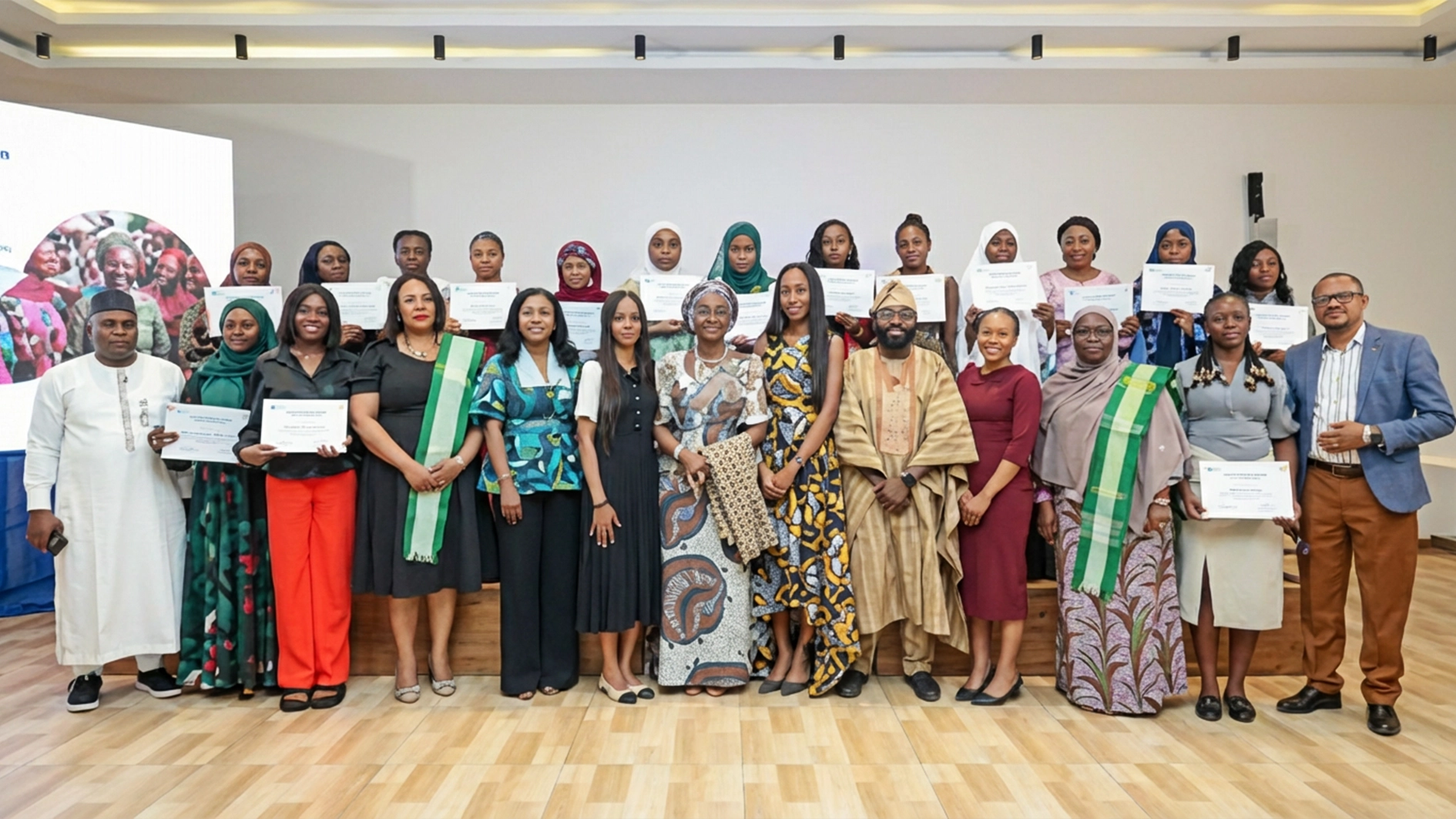 Radiation is a cornerstone of modern medical diagnostics and treatment, utilized in X-rays, CT scans, cancer therapy, and more. However, its potential to cause harm through overexposure necessitates strict public health policies to safeguard both patients and healthcare workers. A comparative look at Nigeria and Saudi Arabia’s approaches reveals stark contrasts in policy implementation, regulatory frameworks, and infrastructure development.
Radiation is a cornerstone of modern medical diagnostics and treatment, utilized in X-rays, CT scans, cancer therapy, and more. However, its potential to cause harm through overexposure necessitates strict public health policies to safeguard both patients and healthcare workers. A comparative look at Nigeria and Saudi Arabia’s approaches reveals stark contrasts in policy implementation, regulatory frameworks, and infrastructure development.
Globally, over 3.6 billion diagnostic imaging procedures are performed annually, with X-rays making up more than 60%. In Nigeria, where radiology services are essential for combating diseases like tuberculosis, cancer, and trauma-related injuries, the usage of diagnostic imaging is growing. Similarly, Saudi Arabia has witnessed rapid adoption of advanced imaging technologies, driven by its burgeoning healthcare infrastructure and emphasis on quality care.
Nigeria faces significant hurdles in managing radiation safety.
According to the Nigerian Nuclear Regulatory Authority (NNRA), over 70% of radiological equipment in public hospitals is outdated or poorly maintained. Such equipment often lacks modern safety features, increasing the risk of overexposure to radiation.
With an estimated one radiologist for every 500,000 people, Nigeria struggles to meet demand. Additionally, training on radiation safety is inconsistent, leaving many healthcare workers inadequately prepared to manage exposure risks.
While the NNRA is tasked with regulating the use of radiation, limited funding and enforcement capacity mean that compliance with safety standards is often inconsistent. Many smaller healthcare facilities operate without proper licensing or monitoring.
In a recent survey by the Nigerian Medical Association, 78% of patients undergoing diagnostic imaging were unaware of radiation safety protocols, highlighting the need for public education campaigns.
Saudi Arabia’s healthcare sector has made significant strides in ensuring radiation safety.
The Saudi Commission for Health Specialties (SCFHS) and the Nuclear and Radiological Regulatory Commission (NRRC) enforce stringent radiation safety standards. Facilities must obtain certification, and regular audits ensure compliance.
Saudi Arabia boasts one of the highest densities of modern imaging equipment in the Middle East, with 16 CT scanners and 14 MRI machines per million people compared to Nigeria’s 4 CT scanners and 1 MRI machine per million people. Advanced tools with dose-minimizing features reduce radiation exposure significantly.
Healthcare workers are required to complete certified training programs in radiation safety. Continuous professional development ensures they remain updated on best practices.
Saudi Arabia actively educates its citizens about the risks and benefits of radiation in healthcare through media campaigns and patient information leaflets.
Dr. Mojeed Omotayo Adelodun, a Fellow of the West African College of Surgeons and Specialist Radiologist at Al Rass General Hospital in Saudi Arabia, offers unique insights into the disparities “The key difference lies in policy execution. While Nigeria has frameworks in place, enforcement is weak due to resource constraints. In Saudi Arabia, robust funding, advanced infrastructure, and strict monitoring ensure radiation safety is upheld across all healthcare facilities.”
Dr. Adelodun also highlights the importance of training:
“Continuous education is essential. In Saudi Arabia, healthcare workers are mandated to undergo training in radiation safety annually. If Nigeria adopts a similar approach, it could improve safety standards significantly.”
Nigeria has the potential to improve its radiation policies through targeted initiatives.
Increasing the number of modern imaging machines with safety features is critical. Public-private partnerships can help bridge funding gaps.
Updating existing policies to align with international standards and ensuring stricter enforcement can improve compliance.
Introducing mandatory radiation safety training for all healthcare workers will reduce exposure risks and improve patient care.
Launching nationwide campaigns to educate patients on the benefits and risks of radiation will build trust and encourage informed decision-making.
Saudi Arabia’s success underscores the importance of strong policies, adequate funding, and workforce development. Nigeria could benefit from bilateral partnerships to adopt best practices, train personnel, and improve infrastructure.
Dr. Adelodun emphasizes this potential:
“Collaboration between nations can drive improvements in radiation safety. By sharing expertise and resources, Nigeria can address its gaps while Saudi Arabia can learn from Nigeria’s resilience in resource-constrained settings.”
Radiation safety is a critical public health issue that demands attention. While Saudi Arabia demonstrates what is achievable with robust policies and resources, Nigeria’s journey highlights the challenges of underfunded healthcare systems. By learning from each other’s experiences and fostering collaboration, both nations can enhance their healthcare outcomes and protect their populations from the risks of radiation. As healthcare continues to evolve, ensuring radiation safety will remain a top priority for achieving global health equity.






